Ever wondered why a tablet needs to be hard? It’s a surprisingly important question in tablet design. A tablet’s hardness is a key factor in its quality and function. You need a pill that is stable, reliable, and won’t fall apart before you take it. This property is crucial not just for a tablet’s physical integrity, but also for ensuring it works as intended.
Whether you’re a student, a manufacturer, or a business professional, understanding tablet hardness is essential. So, stick around to get the full story on this critical aspect of tablet production.
What Is Tablet Hardness?
Tablet hardness refers to how strong a tablet is. It is the amount of force a tablet can withstand before breaking. Tablet hardness is a way to measure a tablet’s mechanical strength, ensuring it stays intact and stable. This is important because tablets are used frequently. They are sealed in packages, shipped, and handled by users.
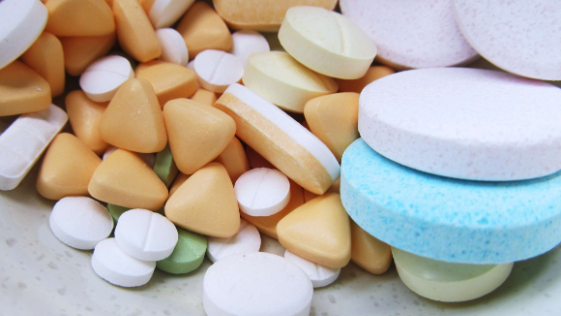
If a tablet is not hard enough, it could crumble before it ever gets to you. This strength comes from the combination of all its ingredients, not just one. The right level of hardness makes a pill stable and effective. That’s why it’s important to test each pill to ensure its effectiveness.
Why Does Tablet Hardness Matter?
Tablet hardness isn’t just about a pill being difficult to break. It’s a critical quality indicator that affects the tablet in many important ways.
Keeps Tablets Stable
A tablet has to be hard enough to stay intact. If they’re not hard enough, they might crumble during shipping or when you’re holding them. If it’s the right hardness, the tablet won’t break until you’re ready to take it.
Ensures the Right Dosage
During production, we check how hard the tablets are. This confirms that all the ingredients, including the medicine, have been correctly compressed and bonded together. This guarantees that every tablet has the exact right dose and is evenly distributed.
Controls Medicine Release
The hardness of a pill affects how quickly your body absorbs the medication. If a tablet is too hard, it may not break down quickly enough, which could delay the medication’s effect. On the other hand, if a tablet is too soft, it might dissolve too quickly. This could affect how your body uses the drug. The best hardness makes sure the medicine is released at the right time.
Builds User Confidence
Finally, knowing a tablet is made with the right hardness protocols gives a user confidence. It makes you feel confident that the medication is reliable and will work as it should. A tablet that feels consistent and stable makes you feel more confident that your dose is consistent, too.
What Is the Tablet Hardness Range?
You may have noticed that tablets can feel different. This is because there isn’t a single universal hardness range. The ideal hardness for a tablet depends on its ingredients and how it will be used. The tablet press can tell you how much force was used to make the tablet.
Standard Oral Tablets
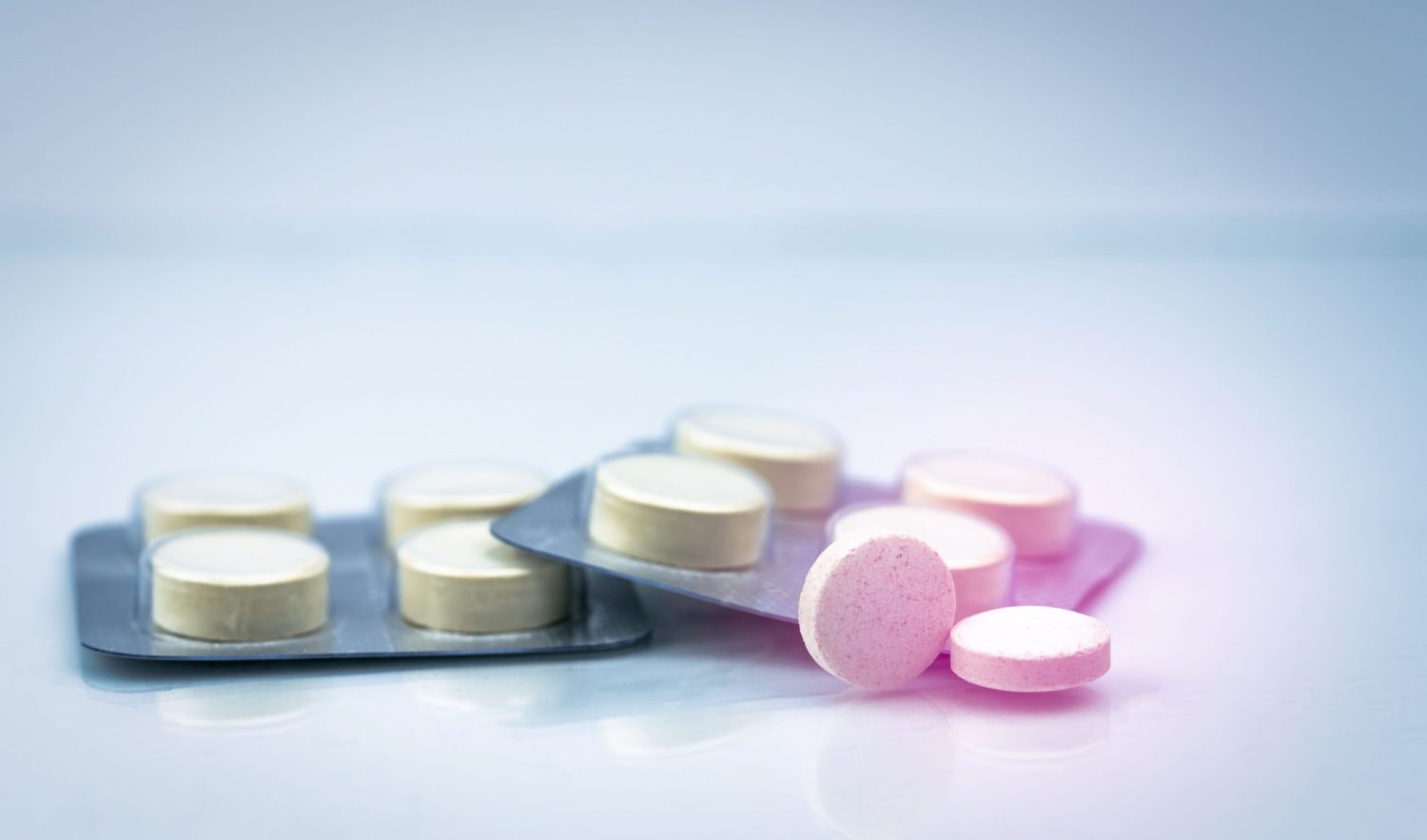
Most regular pills and tablets have a standard hardness ranging from 15 to 40 N (newtons). This range strikes a good balance between stability and proper disintegration.
Immediate Release Tablets
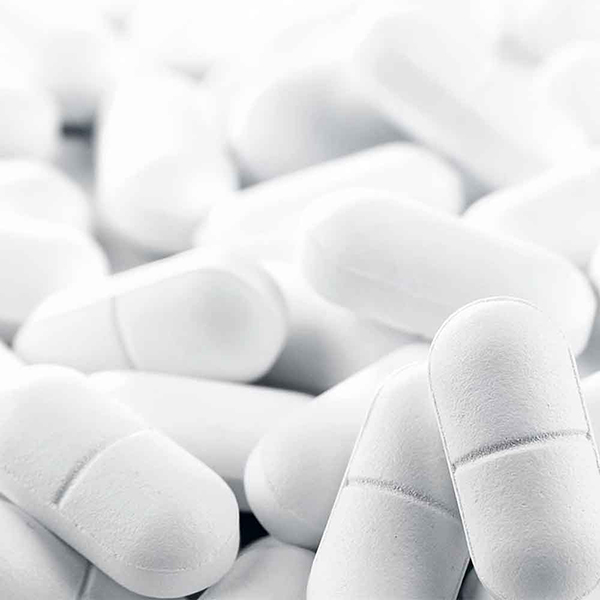
These tablets break down quickly to release the medicine. Because of this, they can be a bit harder than regular pills, with a recommended range of 30 to 60N. This ensures they survive handling but still break down quickly inside your body.
Sustain-Release Tablets
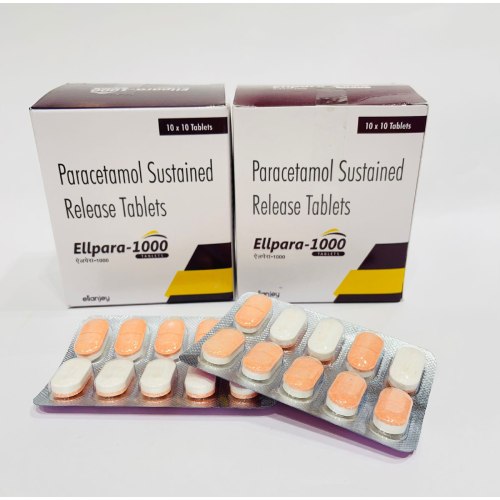
Unlike immediate-release tablets, these are designed to slowly release their medicine over time. To achieve this, they are made tougher with a hardness level ranging from 60 to 100N.
Chewable Tablets
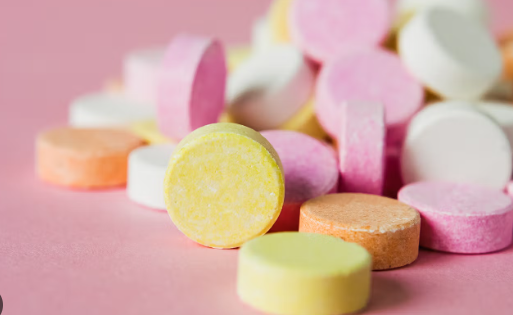
These tablets must be soft enough to chew easily. As such, they are much softer, typically ranging from 10 to 40 N. The same applies to tablets intended for hypodermic use, which must dissolve quickly.
Effervescent Tablets
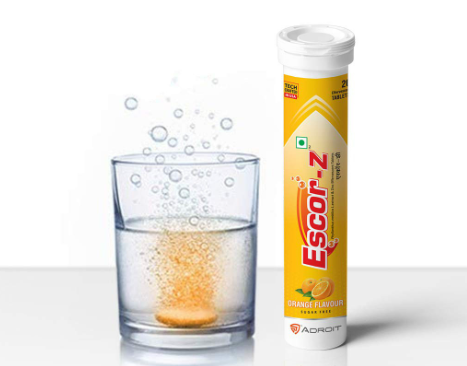
Effervescent tablets are designed to fizz and dissolve in water. In order to do so properly, they must have a hardness level of between 20 and 50N. This allows them to easily break apart when dropped into a glass.
Does the Hardness of a Tablet Affect Its Dissolution Rate?
The short answer is yes: how hard a tablet is affects how quickly it dissolves. Dissolution is the process where a pill breaks down into tiny particles so your body can absorb the medicine. Think of it this way: a harder tablet has stronger bonds holding it together. Because of this, it is more difficult to break apart.
What happened? A very hard tablet will dissolve more slowly, which can delay how long it takes for the medicine to enter your system. But if a tablet is too soft, it might dissolve too quickly. This could affect how and when the drug is absorbed.
How Does Tablet Hardness Differ from Tablet Thickness?
Tablet hardness and thickness are both physical properties, but they measure different things.
Think of hardness as a measure of strength. It’s the amount of force the tablet can resist before it breaks. Hardness is usually measured in Newtons (N). This is important to make sure the tablet can handle being handled, shipped, and stored.
On the other hand, thickness is a measure of the tablet’s size. It’s a precise measurement of the tablet’s length from the top to the bottom. Thickness is measured in millimeters (mm). This is important to make sure that every tablet in a batch is the same and looks the same.
In short, hardness is about durability, while thickness is about consistency.
The Bottom Line
In summary, tablet hardness is a fundamental property that determines a tablet’s quality and functionality. Hardness is essential not only for preventing a pill from breaking, but also for ensuring a stable shelf life, accurate drug release, and patient trust. Throughout this article, we’ve explored what tablet hardness is, why it matters, and the different ranges used for various types of tablets.
If you have any questions or need expert advice on tablet hardness, testing methods, or equipment, please reach out to us! We have a wide range of information and modern machines for tablet manufacturing and quality testing.